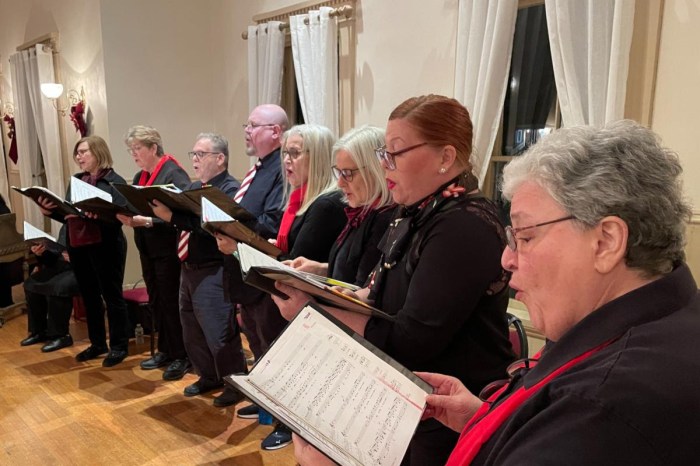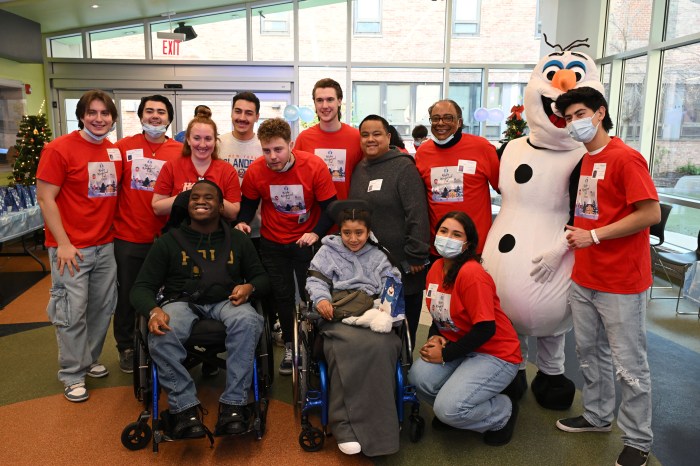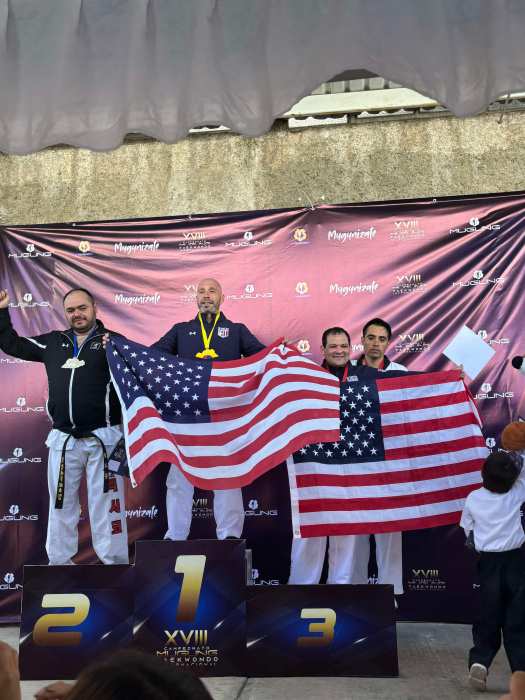By Melissa Bykofsky
Members of the Bayside Jewish Center remember a time when hundreds of local families attended Saturday services and more than 300 children enrolled in Hebrew school classes.
But these days, many wonder how much longer the 32nd Avenue temple can keep its doors open when a minyan, the group of 10 men required to hold a prayer session, is a struggle to form, and talks of a merger mean the congregation may have to sell its building.
“We are in a very bad situation,” said Sandy Schwartz, a member since 1964 and former president of the center. “Local synagogues are crying, [are] having financial difficulties and [are] merging. But our building is so beautiful. How can you take that and just scrap it?”
The crisis at the Bayside Jewish Center is just the latest to rise out of the changing demographics of the neighborhood over the past decade. Some synagogues in the area are trading in their traditional services for egalitarian ones. The young Jewish families that once populated the community have dispersed and new Jewish families are not moving in at the same rate they once did. A drive down Northern Boulevard shows Korean signs now hang over store fronts where kosher delis once stood.
“From a congregation that 10 years ago had maybe 250 families, we are down to 150 people,” said Bea Schwartz, who is married to Sandy and is president of the Bayside Jewish Center Sisterhood organization.
The proportion of Jewish households in northeast Queens plummeted by half in 10 years, from 44 percent of the population in 1991 to 22 percent a decade later, according to the UJA-Federation of New York’s Jewish Community Study.
The change caused the Flushing and Fresh Meadows synagogues to merge in 2003. The Israel Center of Hillcrest Manor, Electchester Jewish Center of Flushing and the Conservative Synagogue of Jamaica Estates merged into the Center of Conservative Judaism in Flushing Meadows in 2004, and the remaining conservative congregations continue to shrink in size across northeast Queens.
“We merged because of our shrinking congregation and shrinking money,” said Byron Dresner, president of the Flushing-Fresh Meadows Jewish Center. “We had compatible liturgies, all conservadox, and we now have a viable congregation. But we are a senior citizens congregation. Very few young people and no Hebrew school.”
As the congregation of the Bayside Jewish Center struggles with dropping numbers, members must decide whether to sell their cherished sanctuary or merge with another across town.
One immediate option is for Bayside to unite with Garden Jewish Center, a traditional congregation in Flushing, whose building is up for sale. The rabbi and administrators of Garden Jewish Center declined comment.
But a merger could create several complications for Bayside Jewish Center. For instance, it could leave many elderly and conservative congregants with a long walk to services.
A merger could also change the character of Bayside’s traditional service, which allows only male members to lead the congregation and read from the Torah. Many other local synagogues allow men and women to participate equally.
“If Bayside Jewish Center does look to become egalitarian, the few members who go for the service will drop out,” said Bea Schwartz. “We have problems.”



































